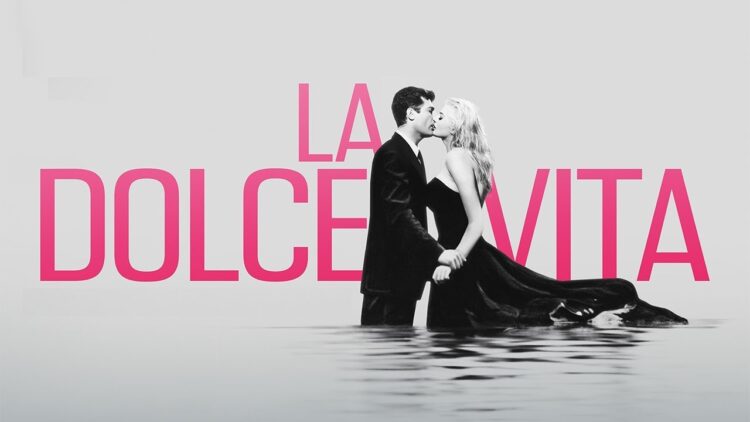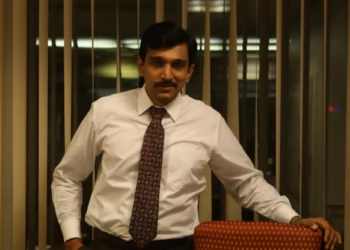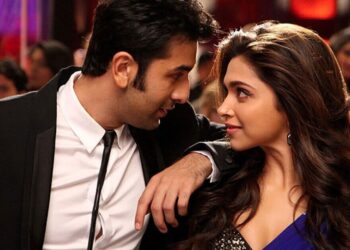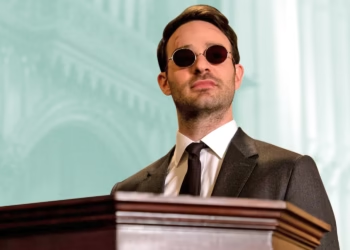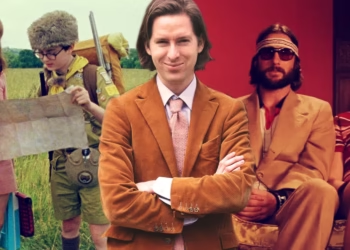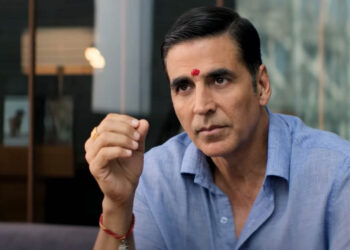The finest movies are always the ones that leave us dumbfounded and perplexed. Best Intellectual movies are generally thought-provoking because they address basic concerns that upend everything we take for granted in everyday life. Characters who are suffering an existential crisis or who are in a life-or-death scenario are frequently featured in such films.
Directors and writers frequently utilize their favorite visual medium to convey a tale, whether or not they are aware of the art form of filmmaking. Ideologies or any other type of communication is constantly decoded in this visual medium in the hopes that the audience understands. Avoiding preaching is the key to crafting a great film, especially when delivering a tale.
Here are the 10 Best Intellectual Movies that are worth watching:
1. Wings Of Desire
Angels exist in Berlin, constrained to their function as simple spectators of human life, spending forever looking over people and attempting to console or help those who are in need.
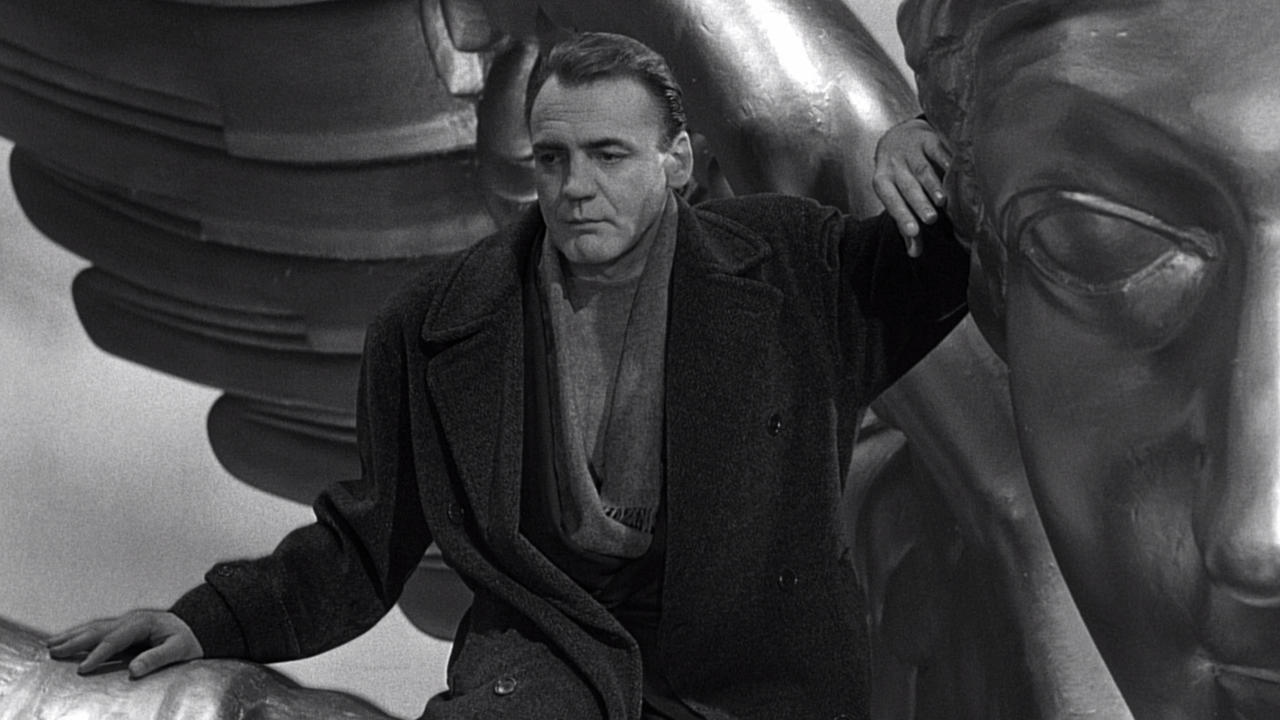
This is a modern masterpiece set against the backdrop of a post-World War II era, highlighting the town’s industrialist and restored presence. Daniel informs Cassiel, another angel, that he misses being alive, feeling pain, and enjoying sensory delights. This film is a fascinating exploration of life philosophy and the unique freedom that only humans appear to have – a freedom to live that comes at the cost of death.
2. Rope 1928
The king of suspense, Alfred Hitchcock, plays with his audience, repelling and luring them into a realm of shock. The rope is one of his most daring pictures, made specifically as a one-shot film: a real-time experiment. James Stewart, Farley Granger, and John Dall star in this underappreciated masterpiece. It features some of the most innovative filmmaking of the day, as well as a viewpoint on inferior and superior humans.

The film is based on the Leopold-Loeb case, which occurred in Chicago in 1924 and involved two gay law students who murdered a 14-year-old kid for fun in order to prove they were intellectual and could get away with it. This is an anti-existentialist film, and James Stewart is shocked to learn that two of his pupils had murdered a classmate using existentialism ideas. In the end, James Stewart recognizes that relying on this concept only results in pain for the follower and others around him. This film has references to Nietzsche’s “Ubermensch” ideology as well as Freudian undertones.
3. The Fountainhead 1949
This is a melodrama about individuality based on Ayn Rand’s work, filmed in a fantastic German Expressionist manner. This film shows a philosophical statement, an artistic manifesto, and a critique of American architecture, ethics, and political beliefs, starring Gary Cooper as an independent architect who strives to retain his integrity.
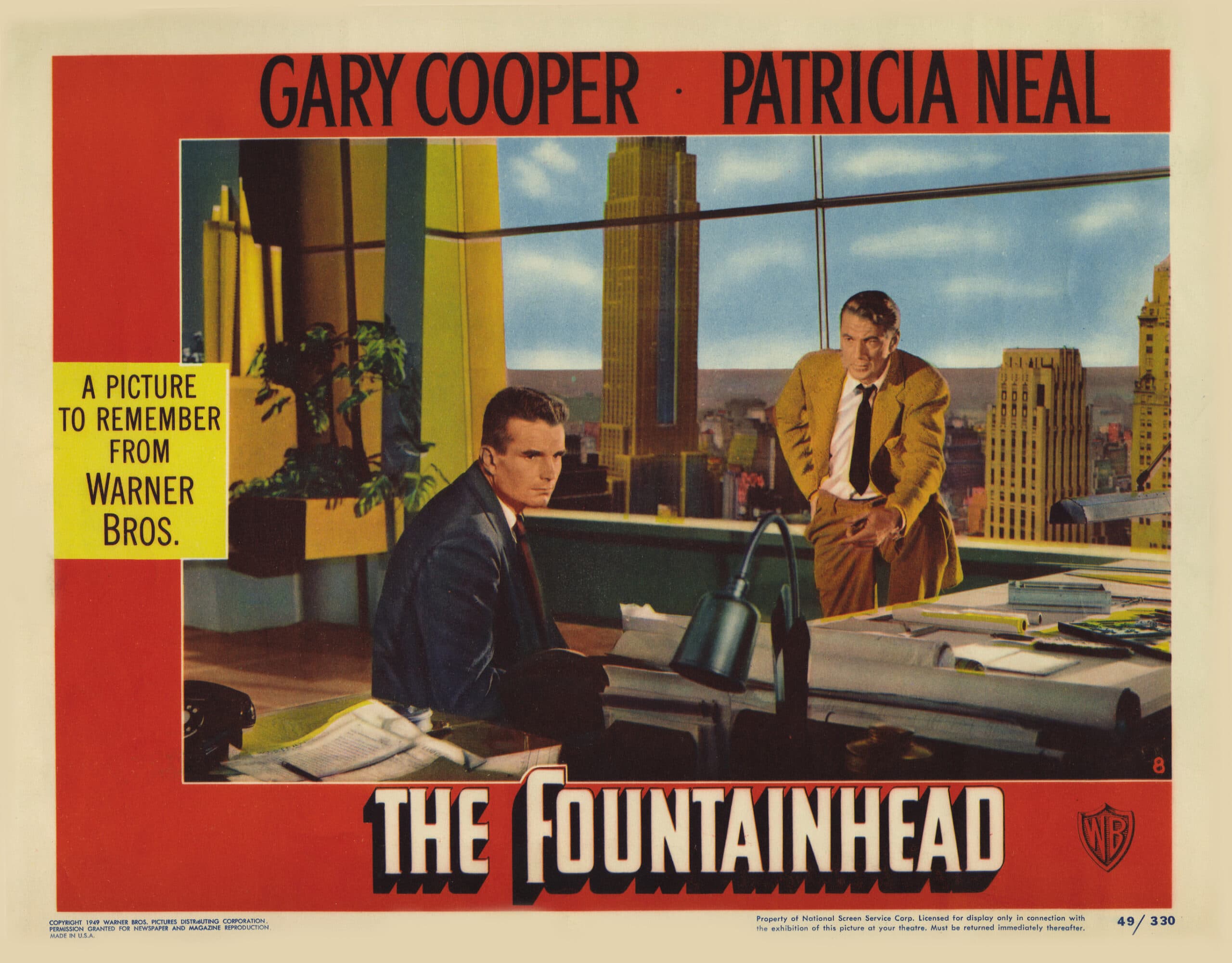
The brilliant characters struggling to do their best with silly dialogue and occasionally providing the finest performances add a lot of pleasure to the show. Due to the adjustments he through during the film, Gail Wynard, played by Raymond Massey, is an intriguing figure in the plot. Roark, played by Gary Cooper, is a tool, an arrogant guy who struggles to adapt to common ideals.
4. The Seventh Seal 1957
The Seventh Seal is a cinematic model of existentialism, a man’s eschatological search for meaning, directed by Ingmar Bergman, who is known for films such as Persona, Wild Strawberries, and Fanny & Alexander. This incredible story follows a knight who challenges Death to a game of chess.

Although the film is about people coming to terms with themselves via philosophical and intellectual challenges, the Swedish filmmaker also wants the viewer to engage with subjects such as the dilemma of evil, religious philosophy, and existentialism. Bloch’s problem with his beliefs, the reality of an omnipotent God in the universe, is brilliantly depicted by Bergman for his audience to see and evaluate for themselves.
This film raises a lot of concerns; it doesn’t preach or dismiss any certain group. Instead, it simply expresses different points of view and invites the audience to discuss them.
5. La Dolce Vita 1960
Marcello, a gossip journalist, wanders the streets of Rome in pursuit of “the sweet life,” but to no avail. Over the course of seven days and nights, he encounters a variety of people with diverse personalities, each of which has an impact on his approach to life.
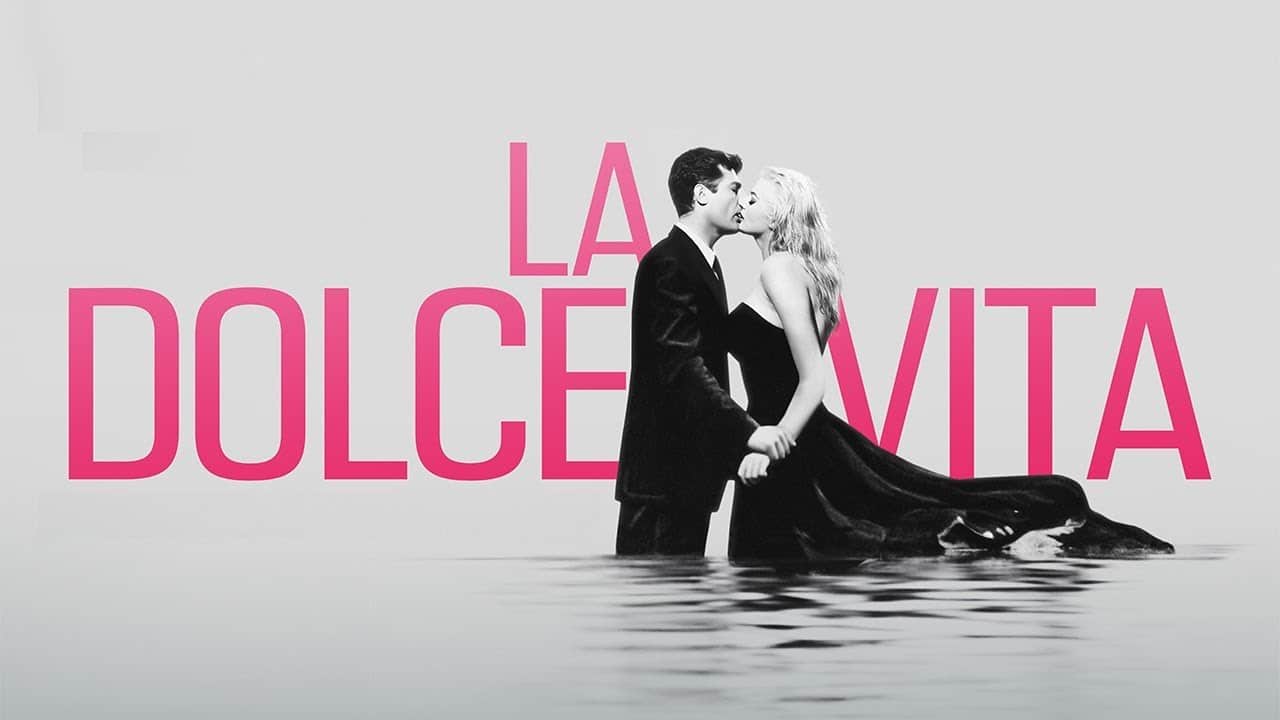
The film is broken into seven episodes, which our protagonist weaves together in his vain search for love and happiness. Marcello is caught between his desire to live a more fulfilled life in the company of other sensitive, intelligent people and his desire to live a lifestyle of extravagance and celebrity as a tabloid writer.
6. The Grapes Of Wrath
John Ford turned Steinbeck’s renowned novel of the same name into a film. The film depicts an Oklahoma family’s lives and tribulations as they relocate to California after losing their farm during the Great Depression and becoming migrant laborers.
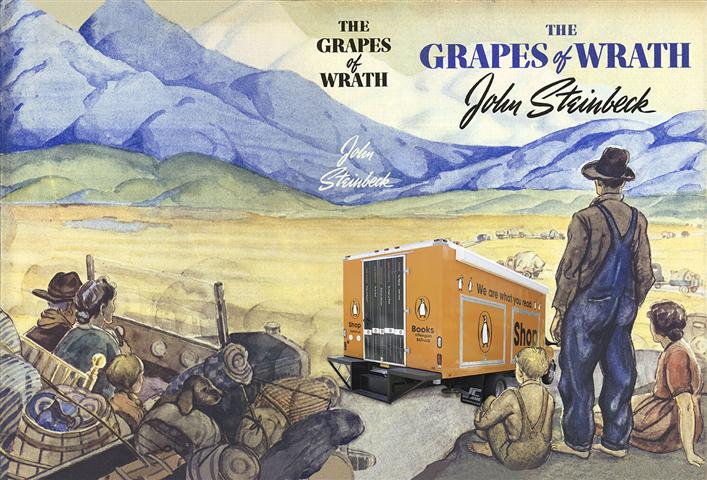
The American spirit is never broken, and the characters are confronted with difficult circumstances, but they persevere without admitting defeat, and their simple survival against all obstacles is a win in and of itself. In contrast to the novel, the film finishes on a more upbeat tone. It’s a genuine epic that delves into the meaning of life and how there isn’t any other purpose to it but being alive with and for our loved ones.
7. Tokyo Story
One is conditioned to search for drama in a film storyline, but Ozu subverts this expectation in his works. The plot of this picture, in particular, is devoid of even the tiniest tension or struggle. Throughout the film, an elderly couple visits their children, and they virtually always experience firsthand the qualities and flaws of their offspring.
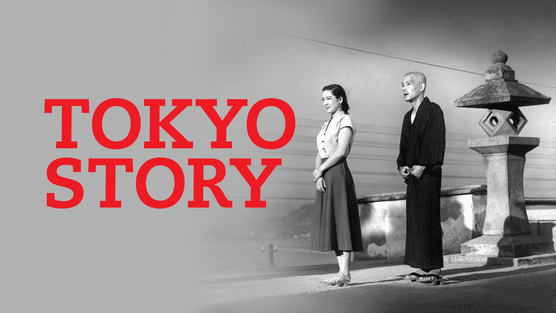
They generate problems for their children and are ignored by their own children, not because they are uninterested, but because everyone is engrossed with their own life. The dispassionate manner in which Ozu depicts the value of everyday life and seemingly insignificant actions is what makes this picture highly philosophical at its core.
8. Ikiru
Mr. Watanabe, however, is only imbued with an overwhelming desire “to live” after being diagnosed with cancer. He had been an average bureaucrat for much of his life. Watanabe had a type of rebirth when sitting in a tiny restaurant and eavesdropping a bunch of youngsters singing happy birthday to their friend. From that point on, he begins to live and eventually wins control over his personal story.

A single man’s unrelenting will to achieve anything big can elicit a wide range of feelings in those around him – inspiration, rage, and frustration – but it is only after he is gone that everyone attempts to comprehend and respect him.
9. My Night at Maud’s
This is a tale about a young engineer (Jean) who notices a beautiful blonde woman who is also a practicing Catholic, directed by Eric Rohmer. But his quest is put on wait when he runs into a buddy (Pascal), who spends the entire evening talking about religion and philosophy.

They arrange to meet the next day at Maud’s place to continue the conversation. During the debates, Pascal placed a bet, offering huge odds against the existence of God 100 to 1. They must all put their money on that one possibility. They lose the wager if GOD does not exist, even though the loss is little to them. However, if GOD exists, their lives will have significance and they will be rewarded with eternal life. The characters in this film are clever, self-assured, and talkative, as well as masters of deceit and self-delusion.
10. Being There
Jerzy Kosinski’s novel Being There was adapted into a film in 1970. Peter Sellers portrays a humble gardener who never leaves the estate till his boss (Ben) passes away. When it comes to Ben’s funeral, things get really intriguing. The President and other political kingmakers are debating the next presidential candidate, and Chauncey’s (Peter Sellers) name emerges as the frontrunner.

This film accepts the moral and intellectual ramifications of television’s existence and does not upset a television-addicted audience in this regard. One component of Hal Ashby’s brilliance is his ability to show something amusing while never losing sight of the film’s gravity or presenting the compassion of the characters. He had already done amazing films like Harold & Maude and The Last Detail, but this is a satirical comedy that will leave you with such a lot of inspiration and thoughts regarding Heidegger’s philosophy.
People expose their genuine natures and views when they are under serious peril. The viewer gains insight into characters’ thought processes and, as a result, their distinct perspectives on life through seeing them make decisions and respond to certain events in the precise way that they chose. Here were some of the best intellectual movies that you should watch.
Also Checkout: The Best and Worst Trait of Each Main Character of Modern Family
Source: TheBuzzpedia


